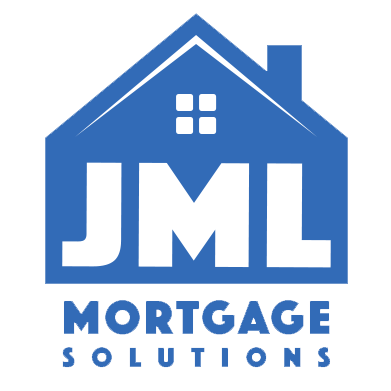Existing investors and prospective landlords can use buy to let mortgages to get their feet on the rental property market.
A buy to let mortgage often requires a larger deposit than a regular residential mortgage, usually at least 25% of the property's worth (but this can vary between 20-40 percent)
For your chosen property, most borrowers take out an interest-only mortgage, which means they just pay the interest each month and not the full capital amount.
You'll repay the capital loan — the entire mortgage balance – at the conclusion of the mortgage term. Borrowers may put money into an ISA to pay off the loan, or they may sell an investment property to pay off the debt.
The cost of a BTL
The cost of your buy-to-let mortgage will be determined by a number of factors, the most important of which are:
- The size of your deposit: The larger your deposit, the less the mortgage you'll need to take out. Lenders often require 25% of the property's value, though this might be higher.
- Interest rate: You'll just have to pay back the interest each month, not the entire amount borrowed.
- Loan period: At the end of the loan term, you'll repay the entire amount borrowed.
You'll normally simply pay the interest on a buy to let mortgage each month, rather than the full capital amount. While this may result in lower monthly payments than a traditional residential mortgage, you'll need to examine how you'll pay off your entire mortgage obligation at the conclusion of the loan term.
Qualifying for a BTL
While each lender's qualifying conditions for a buy-to-let mortgage may differ, most will require the following:
To qualify for a buy-to-let mortgage, most lenders ask that you be at least 21 years old and have a high credit score.
For a buy to let mortgage, some lenders will set a minimum income requirement. The minimum income need is usually approximately £25,000, especially if you're a first-time landlord.
Most lenders will want a 25% deposit for a buy to let mortgage, however this can vary — certain lenders may require a greater sum, occasionally up to 40%.
- Credit history Lenders will analyse your credit history to see if you're a trustworthy borrower.
Lenders will examine your credit history to determine whether you are a trustworthy borrower. If you have a history of poor credit, you may want to improve your score first
Existing investors and prospective landlords can use buy to let mortgages to get their feet on the rental property market.
A buy to let mortgage often requires a larger deposit than a regular residential mortgage, usually at least 25% of the property's worth (but this can vary between 20-40 percent)
For your chosen property, most borrowers take out an interest-only mortgage, which means they just pay the interest each month and not the full capital amount.
You'll repay the capital loan — the entire mortgage balance – at the conclusion of the mortgage term. Borrowers may put money into an ISA to pay off the loan, or they may sell an investment property to pay off the debt.
The cost of a BTL
The cost of your buy-to-let mortgage will be determined by a number of factors, the most important of which are:
- The size of your deposit: The larger your deposit, the less the mortgage you'll need to take out. Lenders often require 25% of the property's value, though this might be higher.
- Interest rate: You'll just have to pay back the interest each month, not the entire amount borrowed.
- Loan period: At the end of the loan term, you'll repay the entire amount borrowed.
You'll normally simply pay the interest on a buy to let mortgage each month, rather than the full capital amount. While this may result in lower monthly payments than a traditional residential mortgage, you'll need to examine how you'll pay off your entire mortgage obligation at the conclusion of the loan term.
Qualifying for a BTL
While each lender's qualifying conditions for a buy-to-let mortgage may differ, most will require the following:
To qualify for a buy-to-let mortgage, most lenders ask that you be at least 21 years old and have a high credit score.
For a buy to let mortgage, some lenders will set a minimum income requirement. The minimum income need is usually approximately £25,000, especially if you're a first-time landlord.
Most lenders will want a 25% deposit for a buy to let mortgage, however this can vary — certain lenders may require a greater sum, occasionally up to 40%.
- Credit history Lenders will analyse your credit history to see if you're a trustworthy borrower.
Lenders will examine your credit history to determine whether you are a trustworthy borrower. If you have a history of poor credit, you may want to improve your score first
Read less






